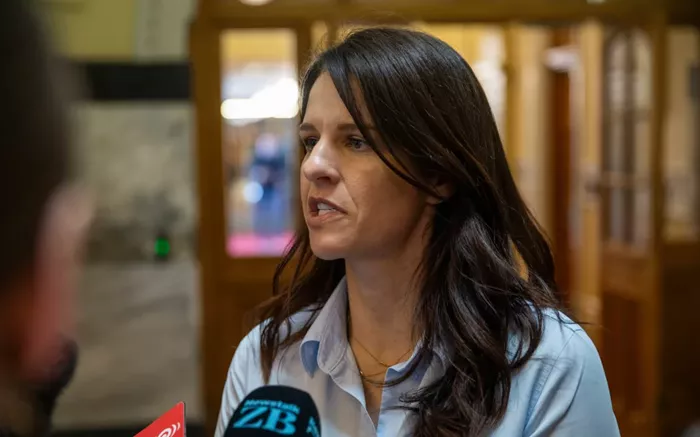The new parent visa for migrants in New Zealand will require medical insurance costing up to $8,000 a year, Immigration Minister Erica Stanford told MPs during a budget hearing on Tuesday. The visa allows parents of New Zealand citizens or residents to visit and potentially renew their stay for up to 10 years.
Stanford explained that health insurance costs vary depending on age and health, with total expenses over five years estimated between $10,000 and $40,000. Initially, officials considered comprehensive insurance covering all doctors’ and specialist fees, which would have cost $15,000 to $20,000 annually. However, this was deemed unaffordable and contrary to the visa’s purpose. Instead, the government settled on emergency-only coverage, adding cancer treatment since it had little impact on overall cost.
Other financial requirements ensure families can support their visiting parents’ health, housing, and living expenses. Labour’s immigration spokesperson Phil Twyford expressed concerns that the visa may only benefit wealthy families. Stanford countered that other visa options exist and stressed the government’s focus on long-term care for parents.
On questions about limiting applications by setting strict criteria, Stanford said the government had not planned to ration numbers and that feedback on the visa had been mostly positive.
Regarding children born in New Zealand to parents without legal status, Stanford said four such children had been deported in the last five years. While lawyers say the number of affected youths is low, others argue more of these young people are now turning 18 or 19 and face difficulties getting work visas, education, or risk deportation. Immigration New Zealand did not disclose how many are currently under compliance review.
Green Party’s Ricardo Menéndez March suggested that low numbers might reflect pressure on families to leave the country voluntarily. INZ compliance head Steve Watson said deportation only occurs after all options are exhausted and that affected individuals or their parents can appeal to the associate immigration minister.
Twyford called the situation “a feature, not a bug” of the system, highlighting the insecurity faced by these youths. Stanford responded that visa conditions must be followed, noting that the rules were introduced by the Helen Clark government. She said the government recognizes the difficult situation but maintains there is a pathway for affected children through ministerial discretion.
On visas for relatives of Palestinians, Twyford asked if the government regretted not creating a humanitarian visa like it did for Ukrainians. Stanford said Palestinians cannot physically leave Gaza to reach New Zealand, so the Cabinet decided not to introduce a special visa. The government is instead supporting Palestinians from Gaza applying for other visas.
INZ head Alison McDonald added that staff review cases of people from Gaza, Israel, Iran, and Iraq who cannot return home, seeking ways to regularize their visas until they can safely leave.
Stanford also announced upcoming changes to skilled migrant visas, growing numbers of investor visa applicants, and a revamp of entrepreneur visas aimed at boosting productivity, GDP, and employment. She noted that Accredited Employer Work Visas (AEWV) are now easier for businesses to manage, helping to fill skill shortages with more overseas workers arriving.
Investor visa applications have exceeded expectations, with 175 received since April—almost half from the United States, along with applicants from Germany, China, Hong Kong, and Singapore. Stanford hinted that some applicants are well-known figures and praised their skills and talents, stressing that the government values the people behind the investments, not just the money.
Related Topics
- Indonesia Plans Tax Reform, Golden Visa Overhaul, and Bali IFC
- Green Card Lottery 2025: Step-by-Step Guide to U.S. Residency
- Four Caribbean Nations Face US Scrutiny Over Citizenship-by-Investment Schemes


